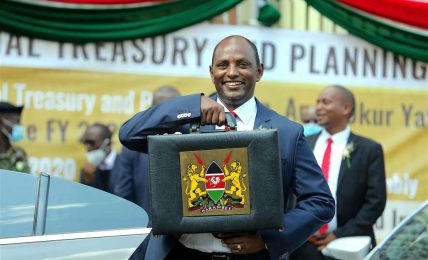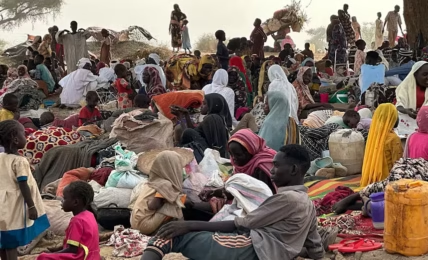Why Expanding the Middle Class is Central to Democratic Governance
In countries with unequal distribution of resources, where extreme forms of governing, such as tyranny, are more likely to arise, Aristotle advised that the best legislators are those who arise from the middle class.








